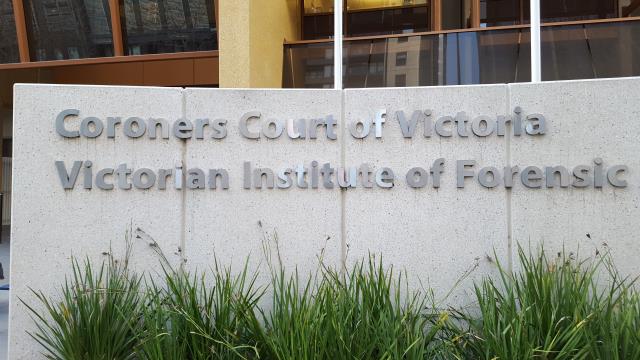
By Corey Everitt
The recommendations into the death of Berwick’s Shane Tuck have been reasserted again by the Coroner’s Court from a determination of the death of Coronet Bay man, Gwyn Pugh.
Judge Leveasque Peterson found that 63-year-old Pugh’s death in 2022 was a result of suicide within a history of ‘longstanding mental health difficulties, physical comorbidities and a post mortem diagnosis of CTE’.
Pugh was diagnosed with bipolar disorder, Judge Peterson explained, where he suffered from ‘episodes of severe depression’ and experienced bouts of ‘self-harm and suicidal ideation’.
When he was younger, Pugh played for the Wonthaggi Blues Football Club where it was reported to Judge Peterson that he ‘suffered a number of head knocks’.
In 2023, the family consented to donating Pugh’s brain to the Australian Sports Brain Bank (ASBB).
An examination at the Alfred Hospital’s Neuropathology Laboratory found his brain was in a ‘high stage’ of Chronic Traumatic Encephalopathy (CTE), a neurodegenerative disorder that is found to be linked to repeated head injuries.
It was found that a section of Pugh’s occipital cortex experienced necrosis from an old infarct.
Judge Peterson determined it was ‘likely’ that Pugh’s CTE diagnosis was connected to his activity in football.
This follows a Coroner’s Court inquest last year into the death of Shane Tuck, a football player from Berwick who played for Richmond Football Club. In 2020, Tuck died by suicide where a post-mortem examination diagnosed him with CTE.
The inquest declared 21 recommendations to limit the risk from repeated head trauma in football.
Judge Peterson reiterated the recommendations of the inquest in the hope it will help ‘improve understandings of CTE’ and ‘mitigate and manage’ head injuries.
It was reported that of the 12 examinations the ASBB conducted which have resulted in a post-mortem diagnosis of CTE, half of them were of people who committed suicide.
Lifeline Australia can contacted on 13 11 14







